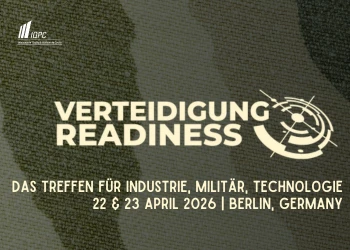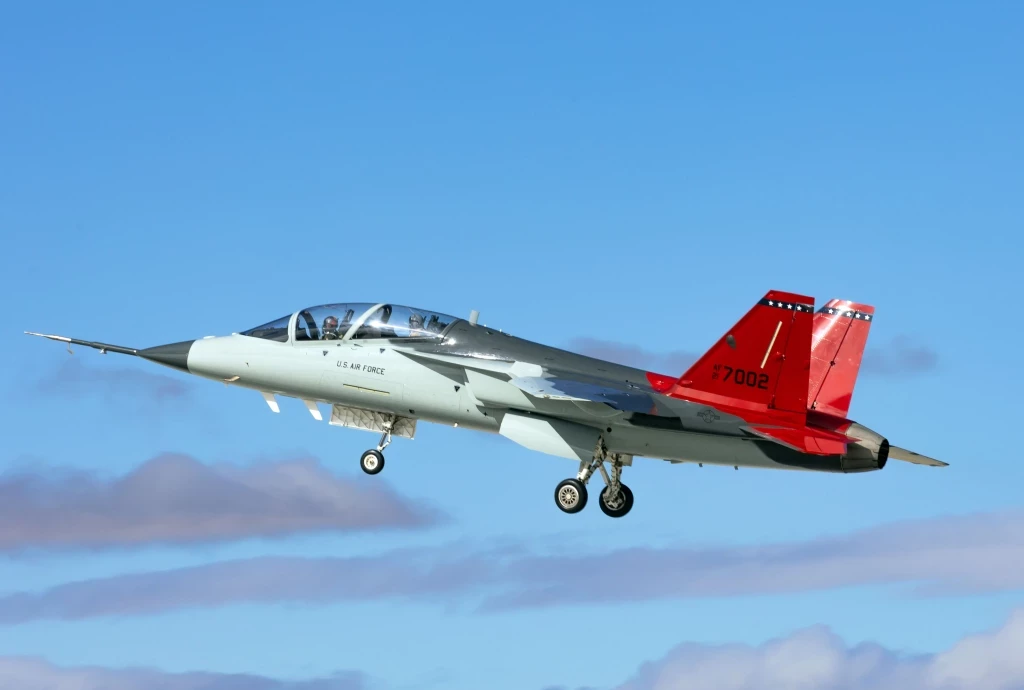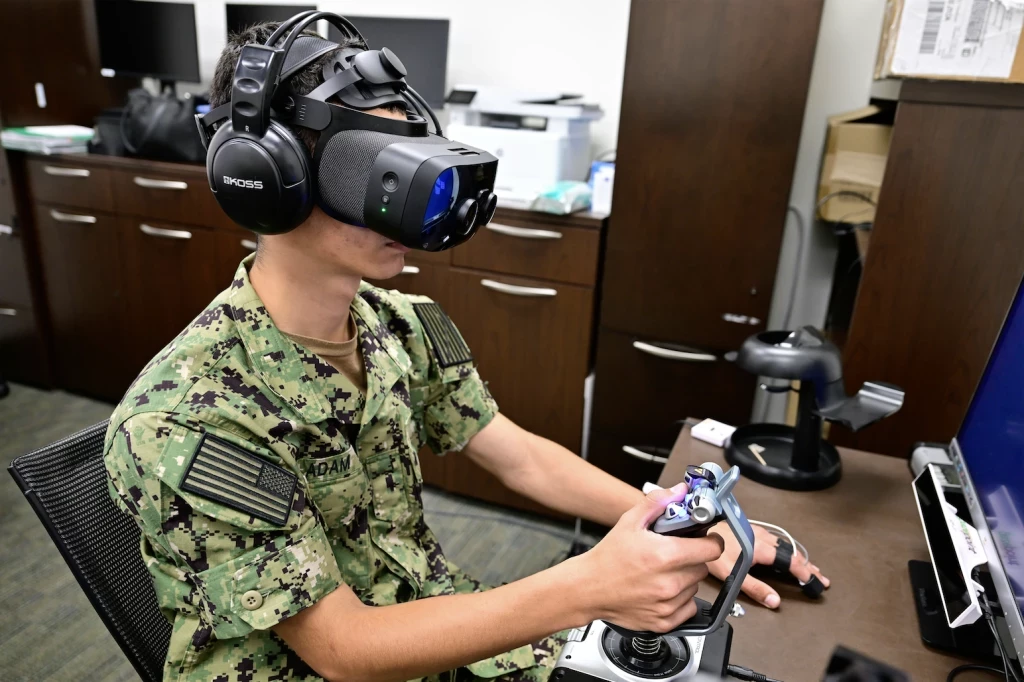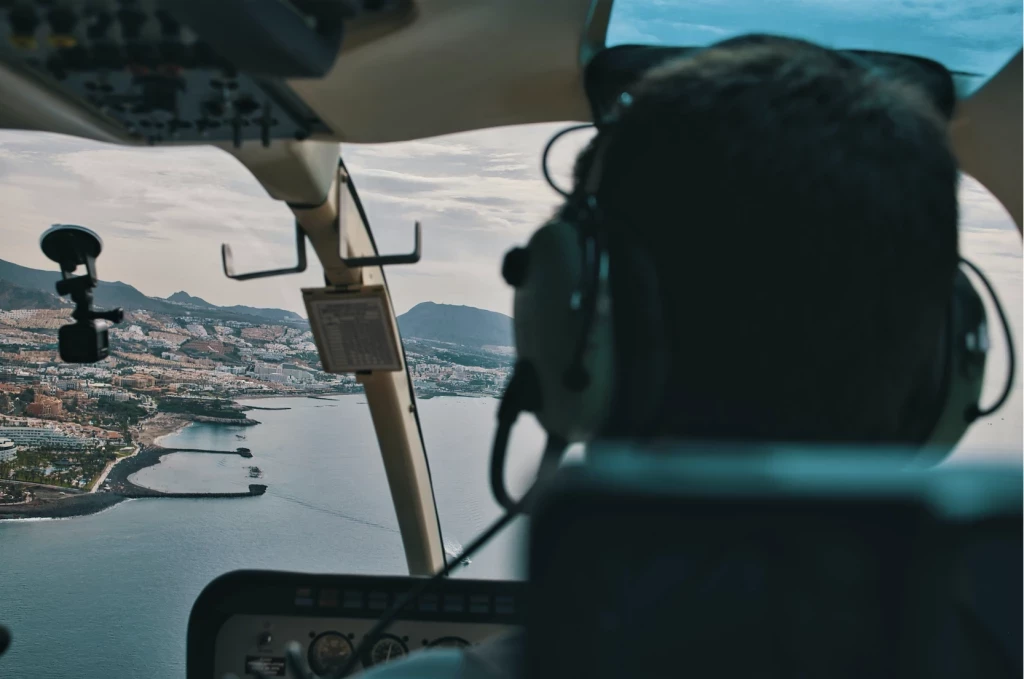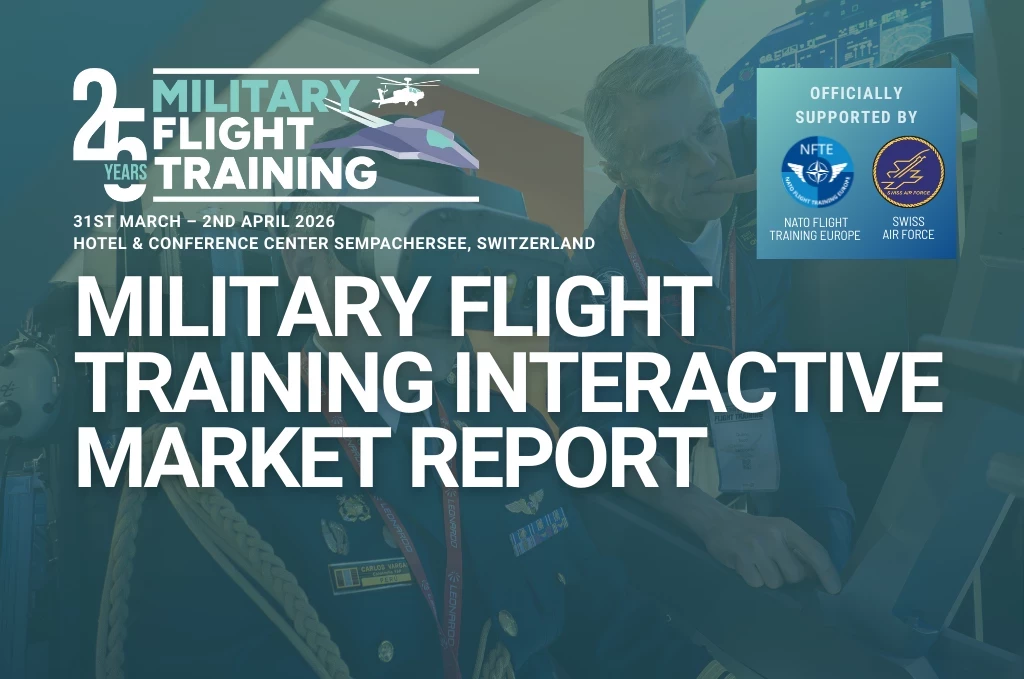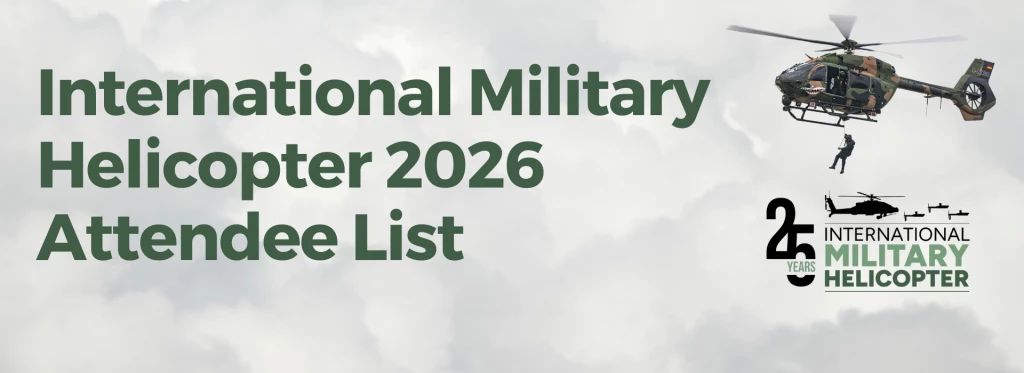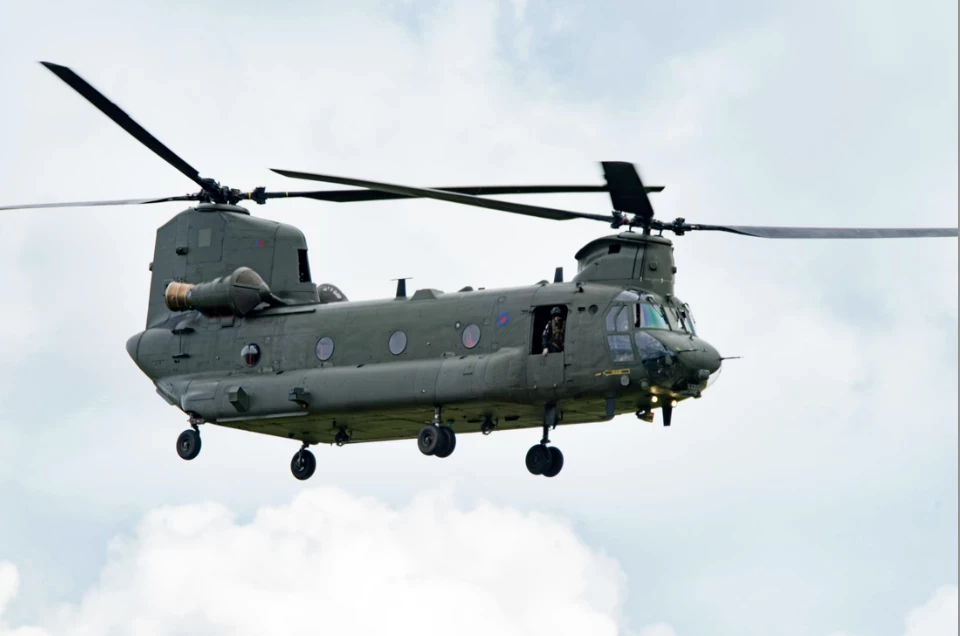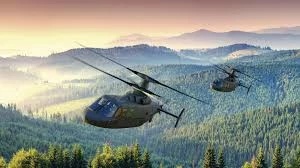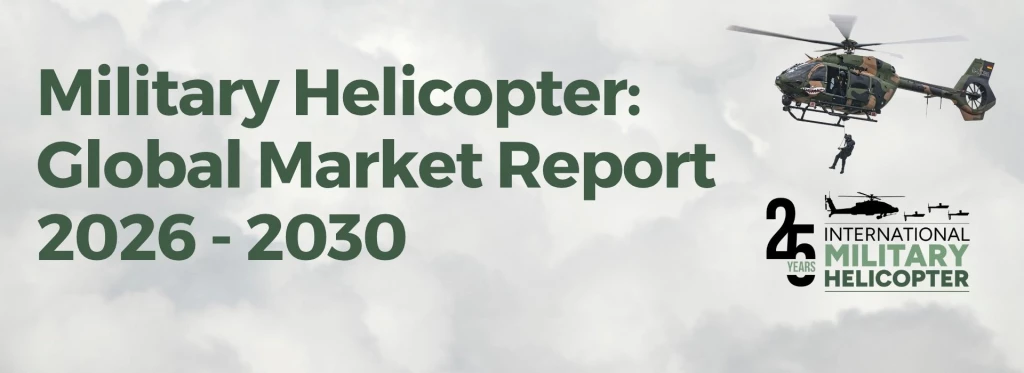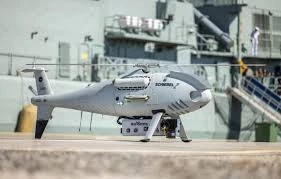Multinational jet school could arrive by 2019
Add bookmarkEurope has found itself in a difficult situation. Following the UK referendum that determined an exit from the EU, a crisis summit h=this month was held in Bratislava Federica Mogherini in an effort to put up a united front. However, the event was marred by disagreement as issues surrounding immigration and economy instead highlighted some deep divisions between member nations.
When it comes to defence and security, Angela Merkel told the press that "Europe is at a very decisive point in time. I believe that we need a clear agenda."
Francois Hollande appeared to echo this resolute sentiment, stating: "We know the challenges. We know what's at play."
Cooperation has been on the lips of all nations when it comes to defending the continent, but in particular, Eastern European states have been eager to merge their efforts under continued fiscal pressure and an obvious threat of Russian military build-up. One avenue that has been steady ground for cooperation of late has been in collaborative training, including a range of multinational exercises taking place continent wide.
In June 2015, the Czech Republic, Croatia, Hungary and Slovakia committed to a Memorandum of Understanding to cooperate in the area of shared helicopter training. Full support to the MATC project and interest to participate in future MATC activities was also declared by the United States during the signing ceremony. While the campaign in Afghanistan certainly improved elements of interoperability between European militaries, the rotary domain has long been said to have been lacking. As a result, these nations have been working towards the development of the Multinational Aviation Training Centre (MATC), as part of a ‘Smart Defence’ initiative.[inlinead]
In its earliest form, the MATC will provide comprehensive training for flying and maintenance personnel from allied and partner nations on MI-type helicopters. They will attempt to maximise the use of existing capabilities and structures while minimising overall costs. Aside to benefiting NATO operations, other international militaries should eventually see a return, such as the Afghan National Security Forces (ANSF), which receive training from European Air Advisor Teams. The key to improvement will be through standardisation – with education and training, airworthiness rules and technical and tactical benchmarks all being levelled across the playing field.
“To be efficient, European forces need to be interoperable and this is obtained through common training,” explains Laurent Donnet, European Defence Agency Project Manager. “Hence, the latter is one of those areas into which European nations should put effort. Looking at air forces, cooperative training can and should become the rule from the start. You don’t even have to be flying the same aircraft. Although when you do, a much deeper level of interoperability can be reached and operational effectiveness will be substantially increased.
“An extremely valuable outcome has been reached for the countries involved in the MATC. To be noted is that the MoU stipulates that it could be enlarged to jet pilot training, which is exactly what these nations need in the short term.”
Some may remember earlier efforts to create a jet ‘Eurotraining’ initiative in recent years. Known as the Advanced European Jet Pilot Training System (AEJPT), the project aimed to develop a common Integrated Training System (ITS) to train future pilots with at least 12 nations operating the same trainer aircraft and supporting infrastructure and training syllabus. AEJPT was in development for around a decade, with the Italian Alenia-Aermacchi (now Leonardo-Finmeccanica) M-346 shaping up to fill the jet role. However, things appeared to fall apart in 2012, with the project folding and those nations involved left to fend for their own training futures.
“European jet pilot training is indeed again on EDA’s potential project list, but not exactly in the same framework as the AEJPT,” Donnet tells Defence IQ. “Today the approach is much more regional and it looks like that the MATC nations will launch a concrete project shortly. The MoU provides a legal framework and discussions are ongoing with the EDA to create a jet pilot school in 2019 in the Czech Republic. There should definitely be opportunities for industry since the solution will probably be an outsourced one.”
Such a development could add some much-needed improvements to the sense of a unified Europe, aside to streamlining costs and enhancing skills in tomorrow’s operational environment, which would undoubtedly be one of a coalition nature.
To elaborate on this effort and to drive forth progress, Donnet will be chairing the Military Flight Training Eastern Europe conference in Bulgaria this November, which will receive briefs from air and training officers from the Czech Republic, Poland, Slovenia and Georgia, to name a few.
“Air forces need to train the way they operate,” says Donnet. “Hence, it is important that nations requiring jet pilot training know what is available, especially now that several European nations are looking for a European solution. And since most of them need to graduate only few pilots a year, they need to cooperate with other air forces.
“Looking at former projects, regional approaches have more chances for success and this is why having dedicated conferences in specific European regions is so important. Knowing some of the requirements in the region, I expect that people will step out of this Military Flight Training conference with a better view on robust options available for their jet pilot training.
Main image courtesy of MATC.





